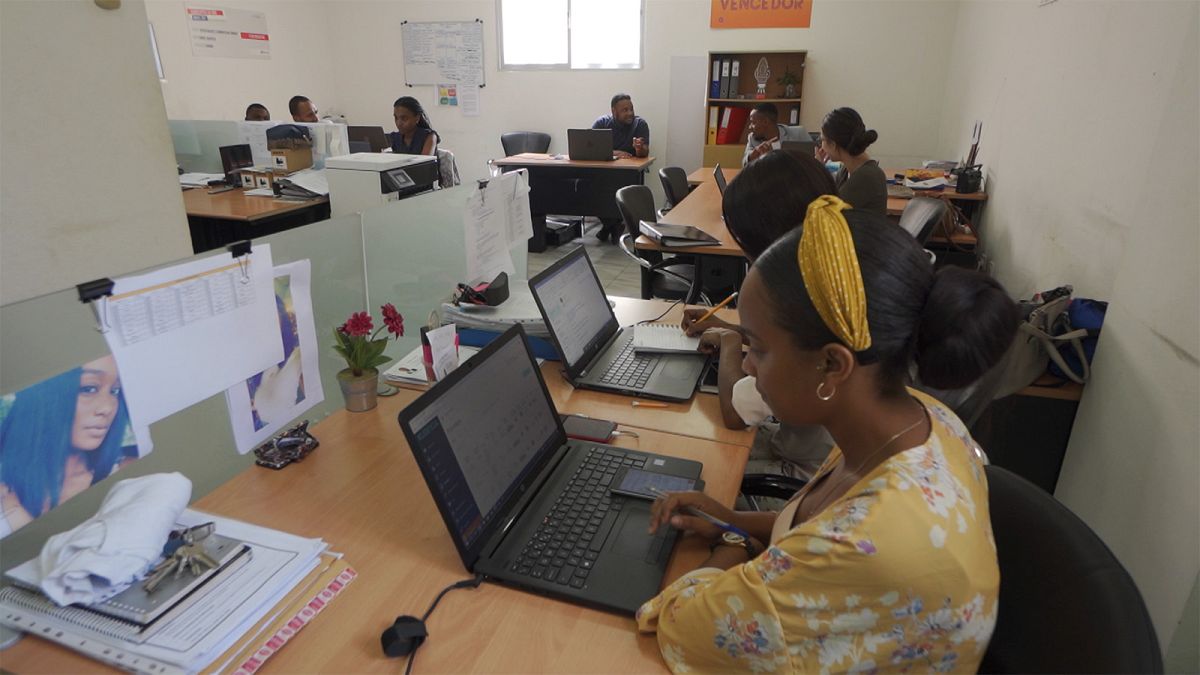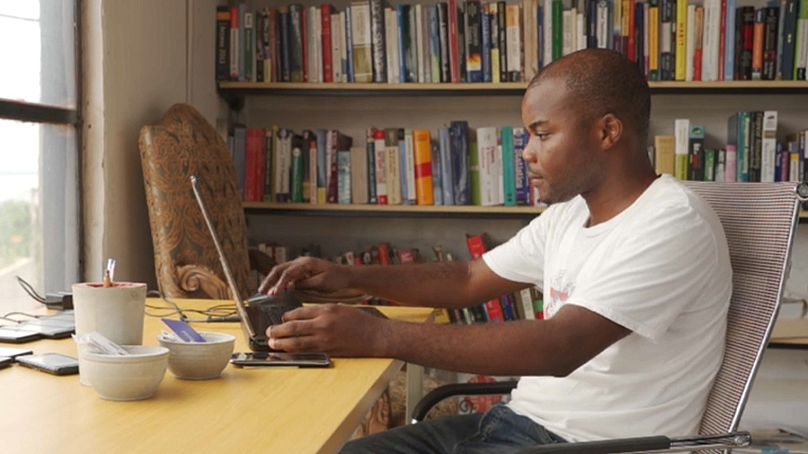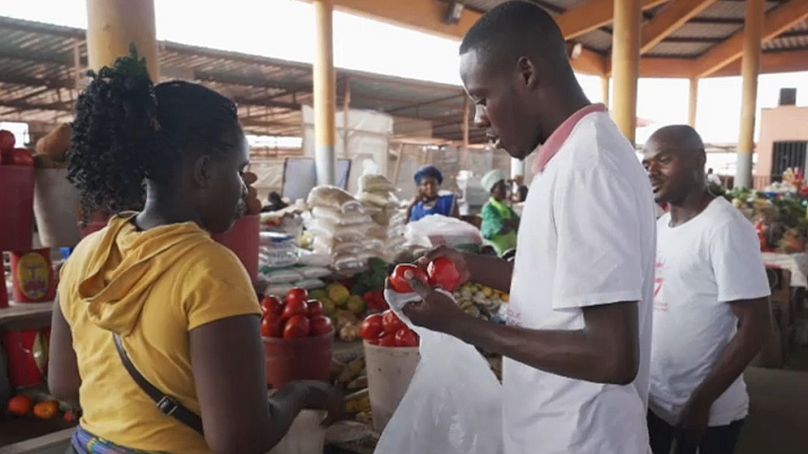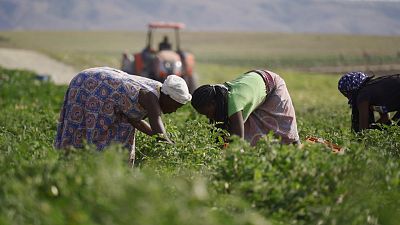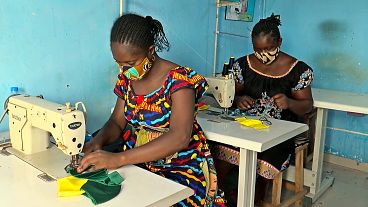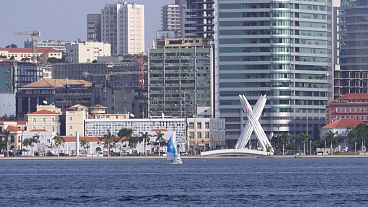With a tech-driven approach, start-ups in Angola are turning the wheels of the economy faster, driving more investment and job-creation for Angola’s youthful population.
Across Angola start-ups are on the rise, capitalising on the digital revolution to deliver a powerful boost to the economy.
Using apps and modern management skills, these start-ups are allowing farmers and other producers in the informal economy to sell into the formal economy, boosting job-creation.
Many have been started by young entrepreneurs who applied management techniques they learned in Angola’s huge oil sector.
The effect has been to diversify and encourage investment in other sectors, potentially empowering millions in the informal economy.
The online ride service Kubinga is one such start-up.
Kubinga, which means ‘’ride’’ in the local Kimbundu language, has seen its users zoom to more than 20,000 per month in about two years.
It now has 180 drivers in Luanda and plans to expand.
Kubinga driver Ricardo Munto says “just about anyone” can afford the service. And there are different levels depending on what you want – even motorcycles for when you’re in a hurry.
“We have economic, we have comfort, and we have VIP,” Munto said.
Kubinga’s founder, Emerson Paim, built his tech and management skills in the oil sector, then used his savings to start up Kubinga. He's aiming at an initial public offering in three years.
“The start-up idea is very present here,” Paim told Business Angola. “What we thought about was to create a unified platform that connects services, rides, and deliveries on the same platform.”
The idea is to help shift the informal economy into the formal economy.
“This is how we want to position ourselves in the market. We want to become enablers. When they come in they're probably out of the system, or informal, but when we start paying them, they are already in the formal system because we are paying them through a bank account.”
Another start-up with an online ecosystem is Roque-Online, named after a former market in Luanda.
In about two years it’s gone from 250 members to 36,000, connecting more than a dozen informal open-air markets with customers.
Maria de Lourdes Monteiro, Manager of Luanda’s Golai Hotel, explains how it works.
“For me, Roque Online has brought several advantages, among them the fact that it saves me time in terms of having to travel to the big supermarkets and warehouses. Not only because of this, but also because they get local produce.”
Roque-Online’s team hand-pick the fruit and vegetables for the hotel at a nearby market.
Like Emerson Pain at Kubinga, Roque-Online’s founder Geraldine Geraldo worked in the oil sector, learning supply chain management she’s now applying in the start-ups.
“The oil industry experience is central to everything that we do here. And so we took that same model, where you look at everything - from the well bore to the pump,” Geraldo told Business Angola. “All these people are really resources that play along the value chain and then we connect them to the end consumers in the market. So it is empowering to everyone that participates in the system.”

